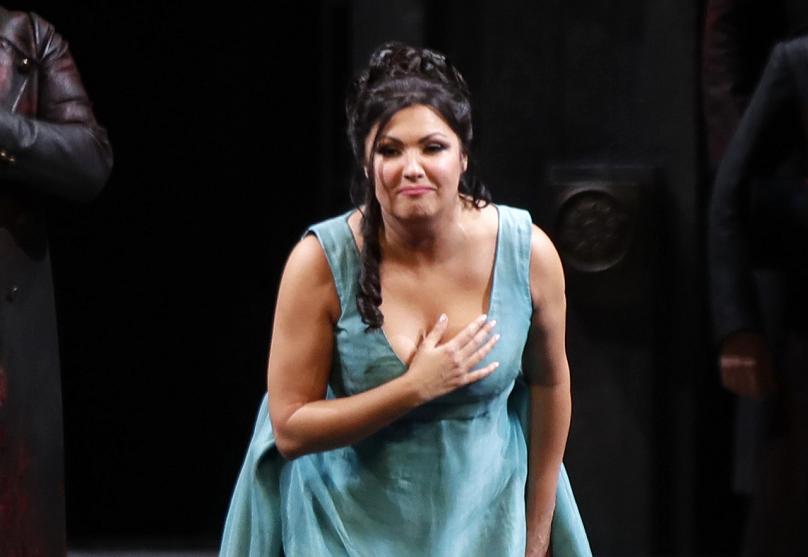
近日西方國家紛紛取消了與俄羅斯藝術(shù)團(tuán)體的合作,禁止它們前來演出。如果說對藝術(shù)團(tuán)體這樣做這尚可理解的話,慕尼黑愛樂樂團(tuán)對捷杰耶夫的解雇和紐約大都會歌劇院對奈瑞貝科的威脅則針對的都是個人,這是完全不可接受的。要背井離鄉(xiāng)的謀生者公開罵自己的國家和政府,這是極其粗暴、野蠻的逼迫。每個人都有沉默的權(quán)利,連犯人都有,在涉及祖國的是非中,個人的沉默權(quán)尤其應(yīng)被尊重,基于出生地和國籍的價值觀不應(yīng)被強(qiáng)迫改變、褻瀆。做傷害祖國的事,對很多人來說既是誅心之舉,也可能給自己或家人制造風(fēng)險。因此,公共機(jī)構(gòu)可以規(guī)定雇員針對政治問題不說什么,但絕無權(quán)力要求雇員必須針對自己的祖國說什么。
Recently, western countries have cancelled their cooperation with Russian art groups and banned them from performing. If this is understandable for art groups, the dismissal of djieev by the Munich Philharmonic Orchestra and the threat of neribeko by the Metropolitan Opera House of New York are all aimed at individuals, which is totally unacceptable. Those who want to leave their homes to make a living publicly scold their country and government, which is extremely rude and barbaric coercion. Everyone has the right to silence, even prisoners. In the right and wrong involving the motherland, the individual's right to silence should be respected, and the values based on place of birth and nationality should not be forced to change or desecrate. For many people, doing things that hurt their motherland is not only an act of remorse, but also a risk to themselves or their families. Therefore, public institutions can stipulate that employees do not say anything about political issues, but they have no right to require employees to say anything about their motherland.

安娜·奈瑞貝科演出謝幕
Anna neribeko's performance ended
掃一掃在手機(jī)打開當(dāng)前頁